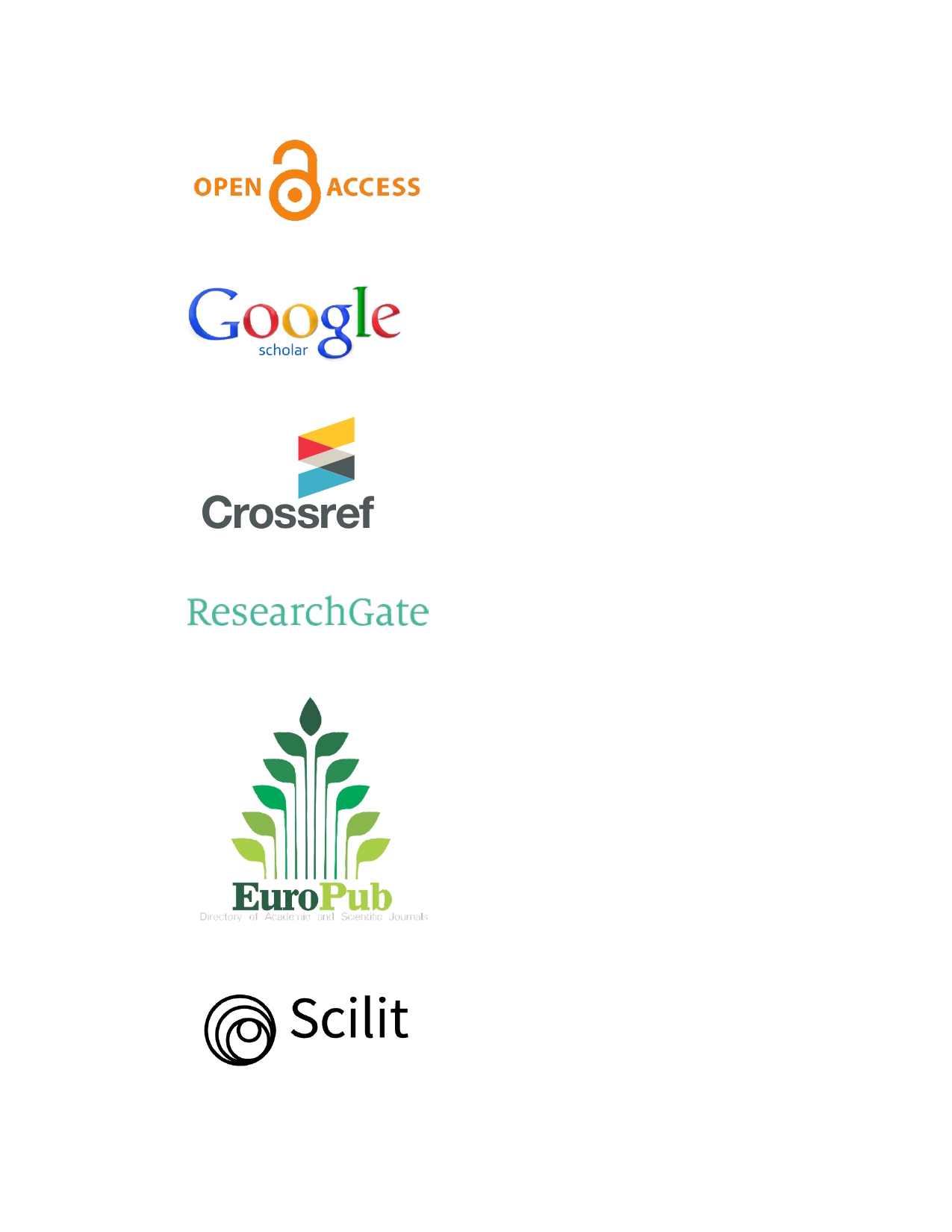Exploring the Application of Financial Social Work Within a Social Development Paradigm: Advancing the Facilitation of Financial Capabilities of Financially Vulnerable Individuals and Communities
DOI:
https://doi.org/10.63002/assm.304.1046Keywords:
financial capability, financial well-being, financial vulnerability, financial social work, developmental social workAbstract
Financial capability is ibreasingly becoming a priority for policy makers, academics and practitioners at a global level due to its recognition of its contribution towards financial wellbeing and the economic factors that have an impact on everyone in society, especially those who are financially vulnerable. The narrative literature reviews explored the application of financial social work within a social development paradigm to advance the financial capabilities of financially vulnerable individuals and communities. The paper argues that infusing financial social work with developmental social work is perceived as a good combination because it recognises individuals' inherent capabilities and empowering elements that underpin the knowledge the knowledge and practice skills. Moreover, both financial social work and developmental social work endorse micro, mezzo and macro interventions for achieving sustainable. However, more efforts should be made at the macro level to bring about structural and systematic changes to the system that is fundamentally responsible for the financial vulnerability. To strengthen social workers' intereventions, there is a need to capacitate social workers by including themes related to financial capability in social work education curriculum and continuous education.
Downloads
Published
How to Cite
Issue
Section
License
Copyright (c) 2025 Ntobeko Bambeni

This work is licensed under a Creative Commons Attribution 4.0 International License.






